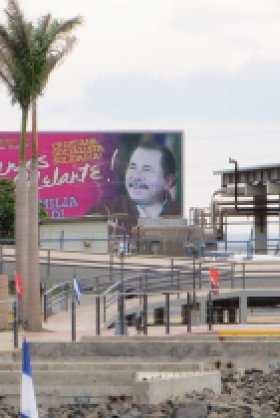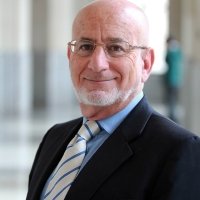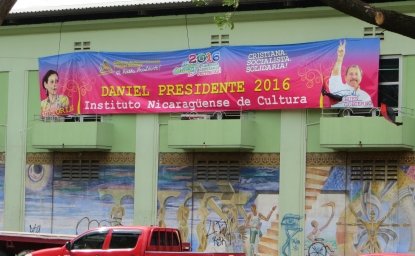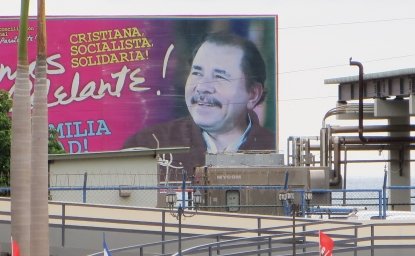Report | Nicaraguan Tragedy: From Consensus to Coercion


Download Report | Spanish Version
A new Wilson Center report on Nicaragua explains how the April 2018 popular insurrection and subsequent government crackdown translated into an economic implosion that threatens the economic gains of the last 25 years. The renewed national dialogue between the government of President Daniel Ortega and the opposition—currently suspended—offers the best hope of restoring consumer and investor confidence and reigniting economic growth.
In the report, "Nicaraguan Tragedy: From Consensus to Coercion," Professor Richard E. Feinberg and Beatriz A Miranda trace Nicaragua’s economic trajectory during “neo-liberal” administrations (1990–2006) and “leftist” Sandinista governments (2007–present) highlighting the “consensus that developed around a market-driven, business-friendly economic policy well integrated into global commercial and financial markets.” The result was a 25-year period in which the Nicaraguan economy performed reasonably well with rates of growth and of poverty reduction exceeding regional averages.
Yet, according to Feinberg and Miranda, economic progress has been increasingly threatened by the democratic backsliding and more recently by the violent repression of peaceful protests. As “democratic governance deteriorated” over time, Nicaragua’s political society became increasingly fragmented, leading ultimately to unsustainable contradictions between a market economy and authoritarian governance. According to the authors, “the consequent collapse of consumer spending and business confidence has driven the economy into a tailspin.”
Additionally, the collapse of Venezuela’s economy brought an end to Venezuelan largesse in Nicaragua, which, in turn, hastened the demise of government subsidy programs further exacerbating political divides.
“Today,” the authors warn, “Nicaragua is at a turning point. Governance can catch up to economic performance…. Alternatively, the country can regress into the dark abyss of political repression and economic misery.”
Please join us for a public presentation of the report with Dr. Richard Feinberg on Tuesday, March 19, from 9:00–11:00 a.m. at the Wilson Center. Register now
Photo Credit: Richard Feinberg. Used with permission.
Authors

Professor Emeritus, University of California, San Diego; Former Senior Director for Inter-American Affairs at the National Security Council

Latin America Program
The Wilson Center’s prestigious Latin America Program provides non-partisan expertise to a broad community of decision makers in the United States and Latin America on critical policy issues facing the Hemisphere. The Program provides insightful and actionable research for policymakers, private sector leaders, journalists, and public intellectuals in the United States and Latin America. To bridge the gap between scholarship and policy action, it fosters new inquiry, sponsors high-level public and private meetings among multiple stakeholders, and explores policy options to improve outcomes for citizens throughout the Americas. Drawing on the Wilson Center’s strength as the nation’s key non-partisan policy forum, the Program serves as a trusted source of analysis and a vital point of contact between the worlds of scholarship and action. Read more




